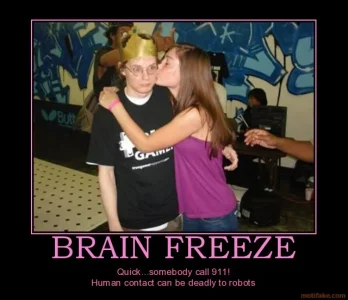randomsomeone
Well-known member
- MBTI
- INFJ
These are some really wonderful insights!!"Evil", as I call it, or "not Love" is ignorant of what it is doing. It might be aware of the action and it might have a purpose for this action, but this action and this purpose would seem completely misguided if they understood Love. I am willing to make the following assumption: If one were aware of what Love is in its deepest sense, they would not desire anything else. That said, I believe that we live in a world where even most of the most well-intentioned people do not know.
And forgiveness... as I see it, forgiveness is nothing more than understanding.
We may not ever grasp completely (in this finite realm) full the implications of love, but we surely can cobble enough bits and fragments together to see a world well worth entering into, engaging, aligning with, and devoting our energy into. In other words, we can "go with it" with a very high degree of assurance that we are rowing with the current of all things rather than against.
I have chosen to engage in the world of Christianity for variety of reasons, and within this realm there are some interesting (and inescapable) ideas presented...warnings if you will. For example, in the wonderful text just me mentioned....if we were to have a variety of highly-valued religious expressions, but not love, we have nothing. Also remember the text in which Jesus, at the final judgement, addressed some who justified themselves by the many wonderful things things they had done. "I never knew you" was his response, and this as a bit of a shocker. The amazing thing is that it appears this love we are speaking about even trumps religious practice. If nothing else we are told point blank that love and the Divine Life are completely linked and we do well to not overlook that.
Consider also the implication of this saying for those who choose the path aligned with love: “God is love, and he who abides in love abides in God, and God in him”. This is pretty staggering when you think of it.

